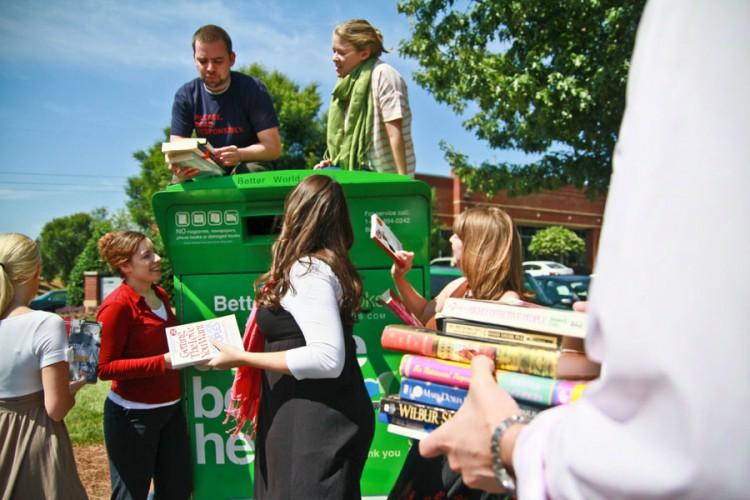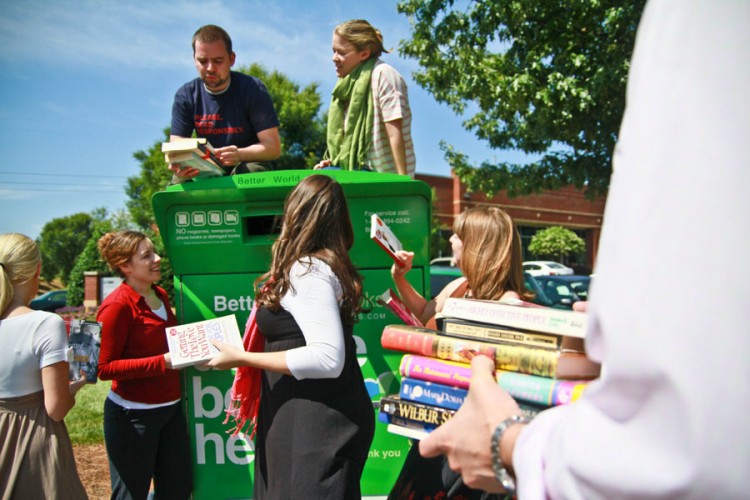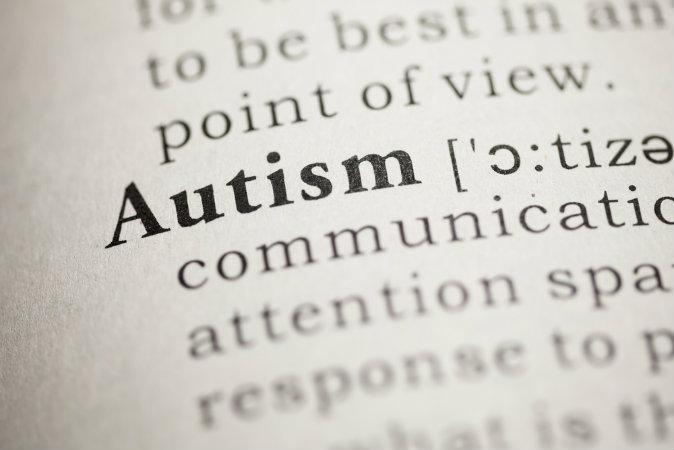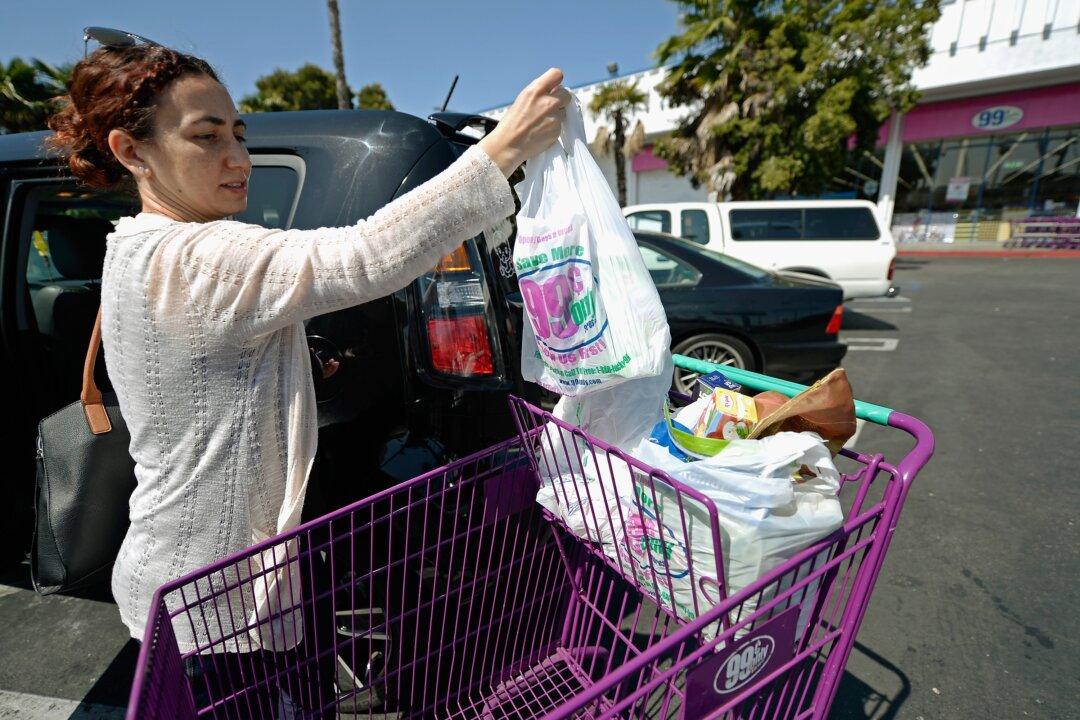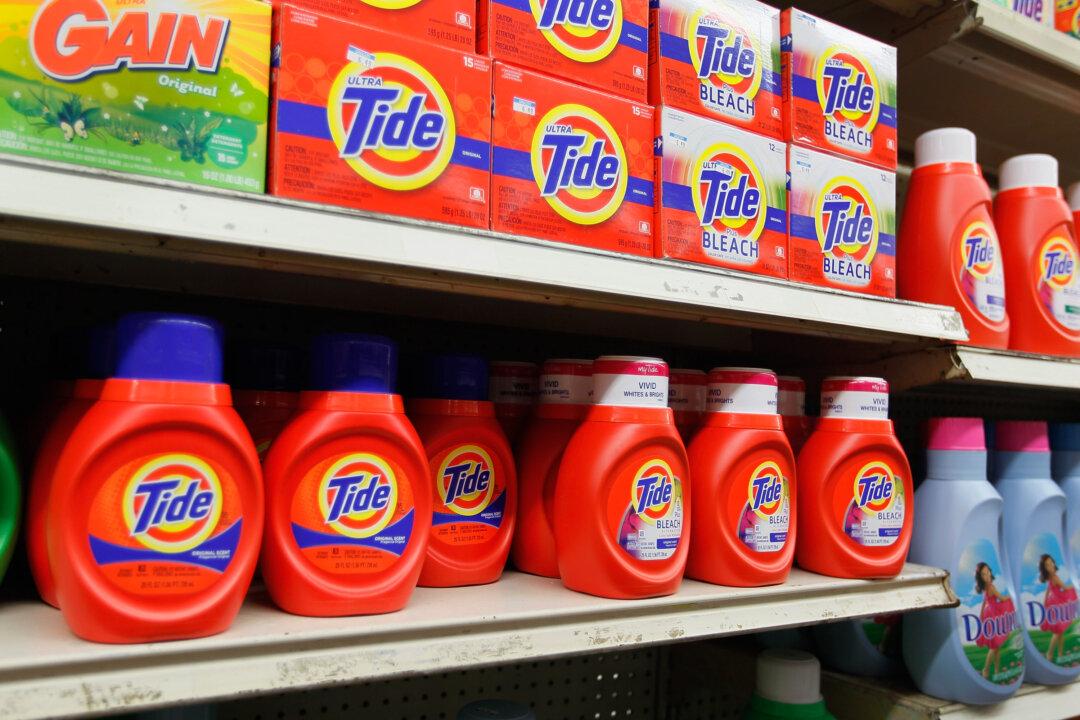Better World Books Supports Literacy, Libraries
“We only do well by doing good,” is a statement found on the website of Better World Books, a social enterprise capitalizing on the value of unwanted books to fund literacy goals nationally and around the globe.
|Updated:
